We have heard this story so many times and lets hear it one more time….

The elder brother was a drug addict, and a drunker, who frequently beat up his family. The younger brother was a successful businessman who was respected in society and had a wonderful family. Some people wanted to find out the difference in attitude, though they belonged to the same parent. So decided to go to the bothers themselves and know the reason.
The elder brother was asked: How come you do what you do? You are a drug addict, a drunker, and you beat your family. What motivates you?
Elder brother replied: My father
They asked: What about your father?
Elder brother Replied: My father was a drug addict, a drunker and he used to beat us. What do you expect me to be? That is what I am.
They went to the younger brother and asked the same question.
People asked: How come you are doing everything right? What is your source of motivation?
The younger brother replied: My father. When I was a little boy, I used to see my father drunk and doing all wrong things. I made up my mind that, that is not what I wanted to be.
Both were deriving their strengths and motivation from the same source but one was using optimistic thinking style and another was using pessimistic thinking style.
Learning: We evaluate all situations in our life through our thinking style. Either it could help us to view choices and possibilities which will have the power to change the situation for better. Or we could choose to remain in the same situation because we resist change and reluctant to see the choices. There is deep connection between our thinking style and behavior (action)

So what is this mind set?
Its growth mindset defines: abilities and understanding can be developed. Those with a growth mindset believe that they can get have more opportunity, possibilities as their intelligence in ever growing and talent is to put all of them at the right time.
Whereas fixed mindset defines the importance of old learning, abilities and intelligence which is often believed to be permanent and sufficient in ever changing situations.
The main difference between the two mindsets is one beliefs that intelligence and ability is permanent and with little to no room for change. However the other mindset believes it to be changeable, with opportunities for improvement (or, for that matter, regression).

Out thoughts build our mindset and the self talk play a very important role in this. There are certain statements we use to communicate with ourselves. We often make the mistake of thinking, these are just common thoughts which we have but they are reflection of our fixed mindset …
Examples of Growth mindset
Among students :

However this certainly does not mean that adult cant display their growth mindset as they are often not in constant learning environment. Its not true. In-fact every day we adults face situations which display our growth or fix mindset clearly.
I will like to share specific examples of John Rhodes (2015) who shared certain scenarios to show growth mindset in adults:
Among Adults
Imagine you are in for a performance collaboration meeting with your boss and you receive negative feedback.

As a receiver you could think that your boss has no idea what she’s talking about and completely ignore the feedback. You displayed fixed mindset response.
Alternatively, you could consider this feedback, evaluate it as objectively as possible, and seek out more information and/or another opinion to compare. All this will help you decided whether feedback is ration or not. Then you are good to take further steps. You have showed growth mindset response.
Another possibility is also to review how you could view your performance with more clarity with the expectation of the management and implement them.
Among Parents
Rhodes offers a good example of a growth mindset in a parent:
“Kids love praise and parents love giving it. So, when you’re child comes to you with an A on his math paper.

The difference between the these responses lie in including positive emotion in the growth mindset and acknowledging their hard work rather than just saying, “ You are smart.”
The common mistake is to think that a mindset shift will happen automatically and being optimistic is growth mindset. It’s a myth.
However we might be confused to understand how do I know whether I am of which mindset? Can I do a mindset shift? Can I increase the level of growth mindset in my regular scenario?
Positive Psychology is a scientific approach to change mindset which is measurable, actionable and visible.

Connect with us to know more about this journey.



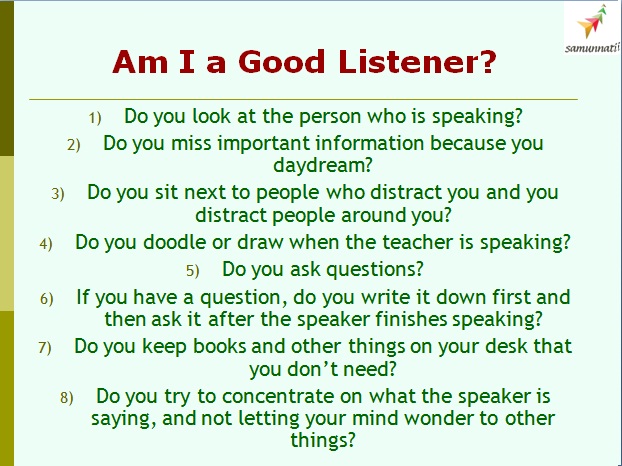


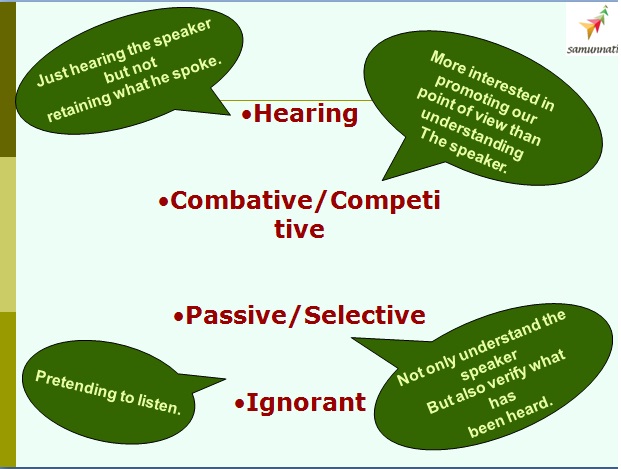


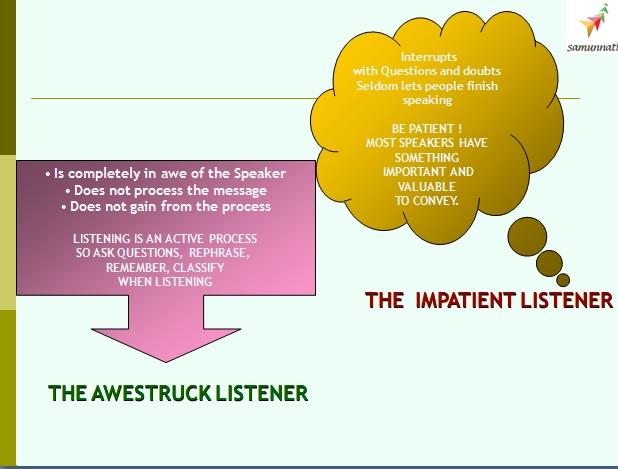
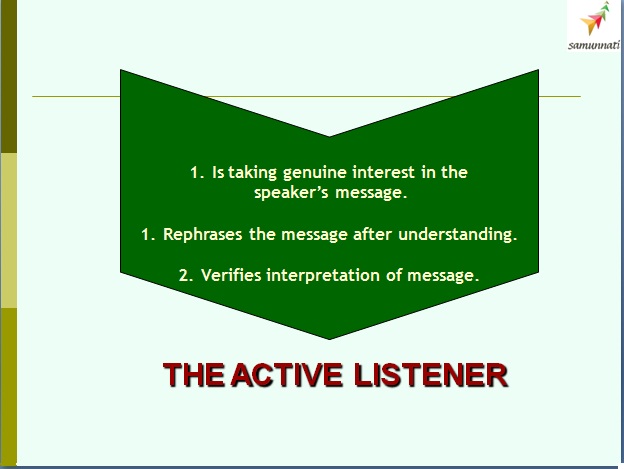
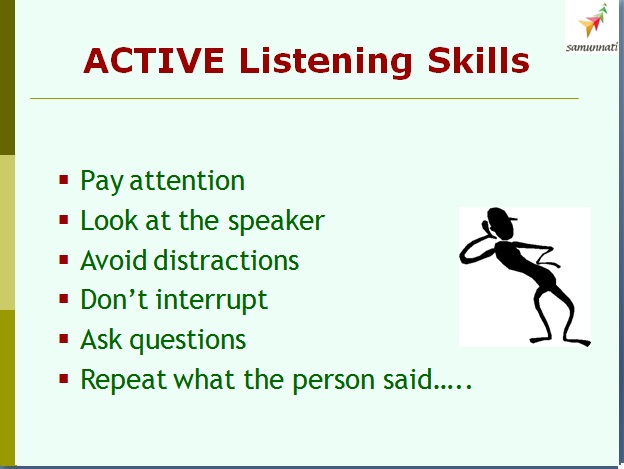
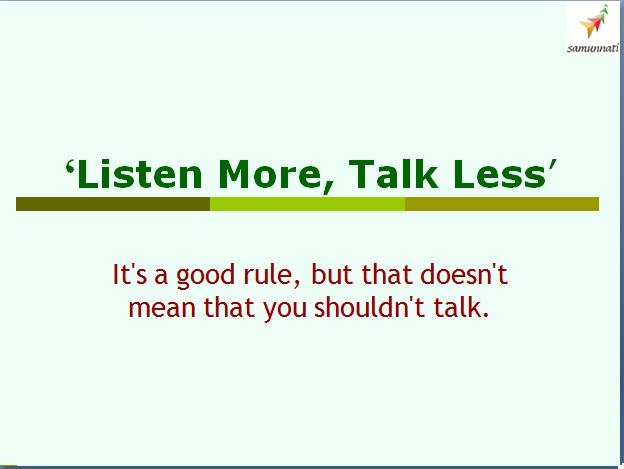
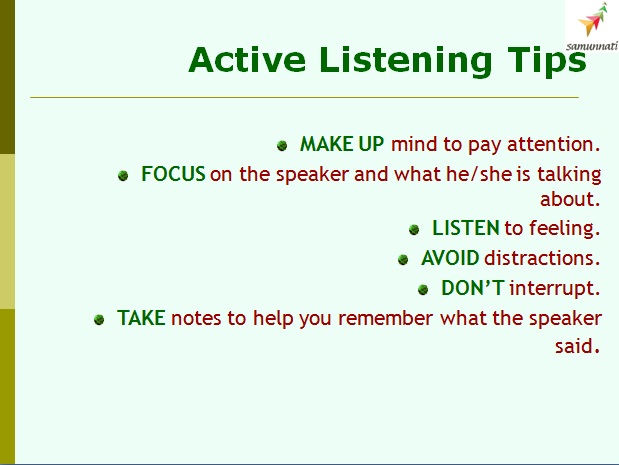
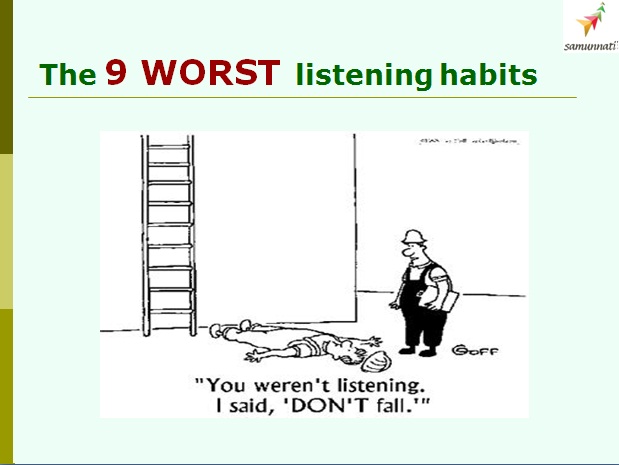
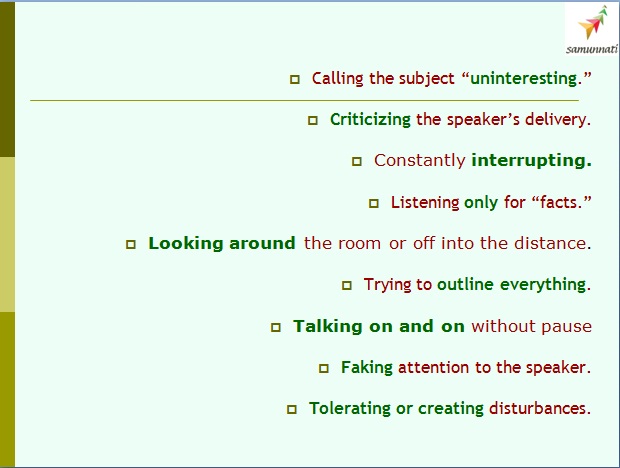
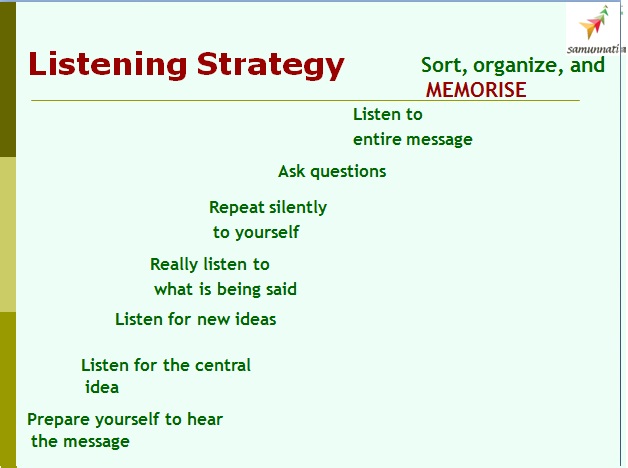


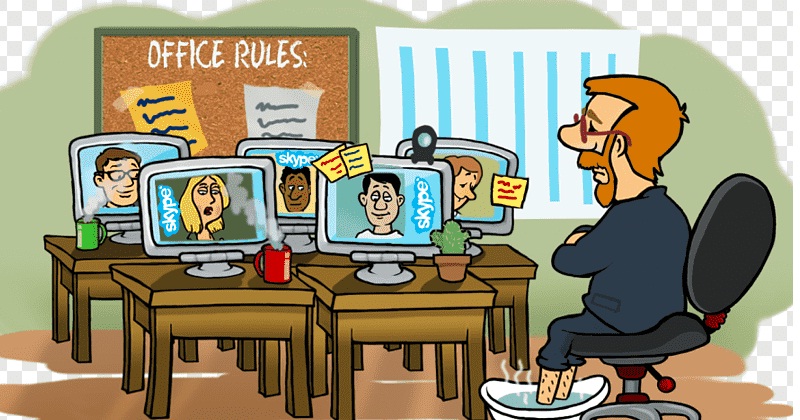

 Our thought makes a simple action more valuable. Additionally it’s our thought pattern which decides which action is easy or difficult. In this extraordinary situation we could display two kinds of mindset which is…….
Our thought makes a simple action more valuable. Additionally it’s our thought pattern which decides which action is easy or difficult. In this extraordinary situation we could display two kinds of mindset which is…….